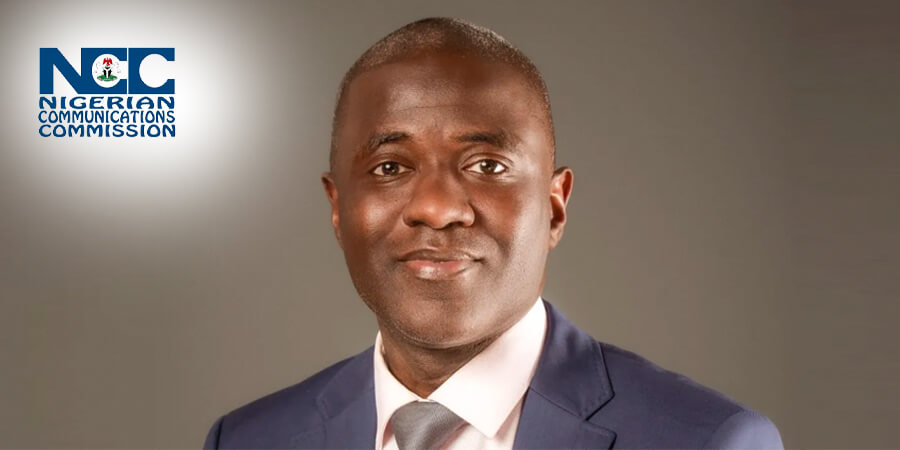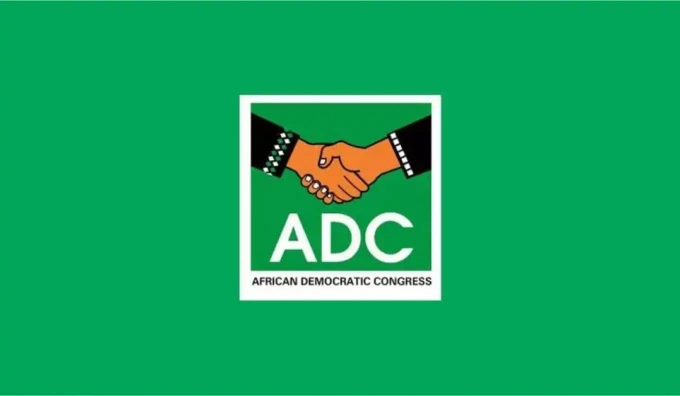The Nigerian Communications Commission (NCC) has given the green light for telecommunication companies to increase tariffs for call, data, and SMS services, marking the first tariff adjustment since 2013. This approval means that Nigerians can expect immediate changes in the pricing of services provided by major telecom operators like MTN, Glo, Airtel, and 9mobile.
With the new tariff regime, the minimum charge for a minute of call will rise from N6.40 to N9.6, with the maximum now set at N50 per minute. SMS prices will also see an increase from N4 to N6 per message, and the cost for 1GB of data will jump from N350 to N525. On average, consumers can anticipate paying approximately N16.5 per minute for calls, up from N11.
The NCC defended this decision in a statement, explaining that the increase is intended to address the significant gap between the operational costs telecom operators incur and the tariffs they charge. The commission highlighted that this adjustment, although substantial, is lower than the 100% hike initially sought by the telecom companies. The approval follows from the 2013 NCC Cost Study and aligns with new guidelines on tariff simplification issued in 2024. The NCC maintains that this will lead to better service delivery, including improved network quality, customer service, and coverage.
However, this decision has not been without opposition. The National Association of Telecoms Subscribers (NATCOMS) has expressed strong disapproval and is preparing to challenge this tariff hike legally. They argue that the NCC did not consult adequately with consumer groups and that a much smaller increase of 5% to 10% would be more reasonable given the current economic climate, which is already putting pressure on Nigerians due to rising living costs.
Deolu Ogunbanjo from NATCOMS pointed out the broad impact this tariff hike could have, from increasing operational costs for businesses to affecting individual consumers, particularly those in Point of Service (POS) operations. The group is concerned about the affordability of telecom services for the average Nigerian following this hike.
This tariff increase comes at a time when the telecom sector reported significant revenue, with companies collectively earning N5.3 trillion from voice and data services in 2023, as per the NCC’s year-end report. The rise in tariffs could be seen as a move to sustain this growth amidst operational challenges, but it also raises questions about consumer affordability and service value in one of Africa’s largest markets for telecommunications.












This tariff hike is outrageous! Why should we pay more for mobile services? Its time to demand transparency from the NCC.
This tariff hike is outrageous! Do telecom companies really need more money or is this just greed? #NigeriaTelecoms #NCCDecision
Can we really afford higher tariffs for our mobile services in Nigeria? This feels like a blow to our pockets!
This tariff hike decision seems harsh on consumers! Will it really improve services or just burden us more? 🤔